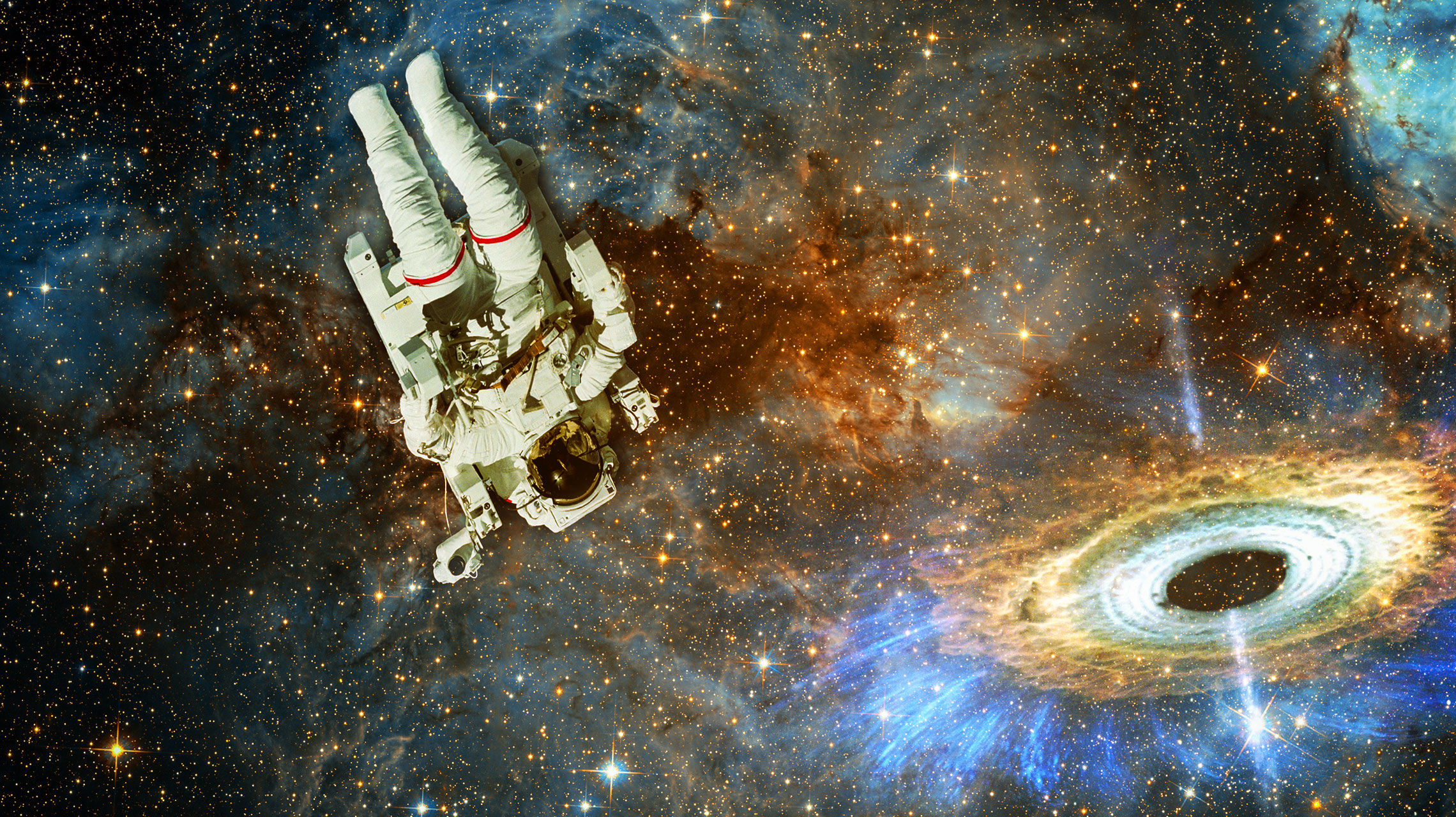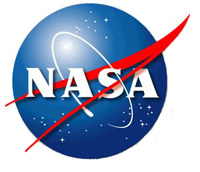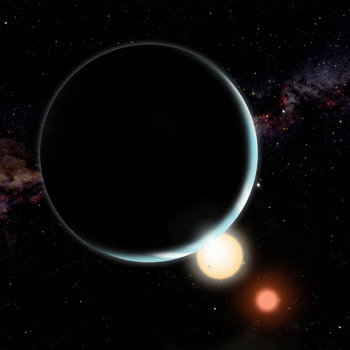Create a free profile to get unlimited access to exclusive videos, sweepstakes, and more!
NASA review of space astrophysics missions extends all 9!

 Well, this is some very welcome and happy news: NASA's 2012 Senior Review for Operating Missions has recommended to NASA that eight of the nine operating space-based astrophysics missions be extended in funding through fiscal year 2016, and NASA has complied!
Well, this is some very welcome and happy news: NASA's 2012 Senior Review for Operating Missions has recommended to NASA that eight of the nine operating space-based astrophysics missions be extended in funding through fiscal year 2016, and NASA has complied!
Holy wow.
This really is great news! The missions extended through FY 2016 are Hubble, Chandra, Fermi, Planck, Suzaku, Swift, XMM-Newton, and Kepler. The exception is the infrared observatory Spitzer, which ran out of coolant a few years ago but is running in an extended "warm" phase, still able to do science. It will be extended through 2015, which is earlier than hoped, but it could be worse. The details are in the report issued by the Senior Review (PDF).
 I'm very excited specifically about Swift -- a gamma-ray burst mission that I worked on years ago, and which has been operating for more than 7 years so far. But I'm even more excited about Kepler. This is fantastic -- it has found hundreds dozens of planets orbiting other stars, and has thousands more candidates listed that await confirmation. The reason this extension is so great is that the longer Kepler looks, the more likely it is to find lower mass planets in longer orbits. Big, massive planets orbiting close to their stars are easy to find, but ones more like Earth are much tougher. Kepler is right on the thin hairy edge of being able to detect them now, and this extension means a much higher chance it will succeed.
I'm very excited specifically about Swift -- a gamma-ray burst mission that I worked on years ago, and which has been operating for more than 7 years so far. But I'm even more excited about Kepler. This is fantastic -- it has found hundreds dozens of planets orbiting other stars, and has thousands more candidates listed that await confirmation. The reason this extension is so great is that the longer Kepler looks, the more likely it is to find lower mass planets in longer orbits. Big, massive planets orbiting close to their stars are easy to find, but ones more like Earth are much tougher. Kepler is right on the thin hairy edge of being able to detect them now, and this extension means a much higher chance it will succeed.
I strongly suspect -- based on what we've already seen from Kepler coupled with the statistics and physics of exoplanets -- that the signal from an Earth-like planet orbiting a Sun-like star in the habitable zone is already in the data we've received. It may be very hard to tease out, though, so having even more data, years worth of extra data, is more than a boon. It's like being given the key to a treasure chest.
So overall I'm pretty darn pleased with this. Given the semi-apocalyptic nature of the last budget news we heard about NASA, this is like an oasis in the desert. Congratulations to all the people involved with these missions, and I'm looking forward to many more years of great science from our orbiting fleet of observatories!
Tip o' the lens cap to Travis Metcalfe for alerting me to this news.


























